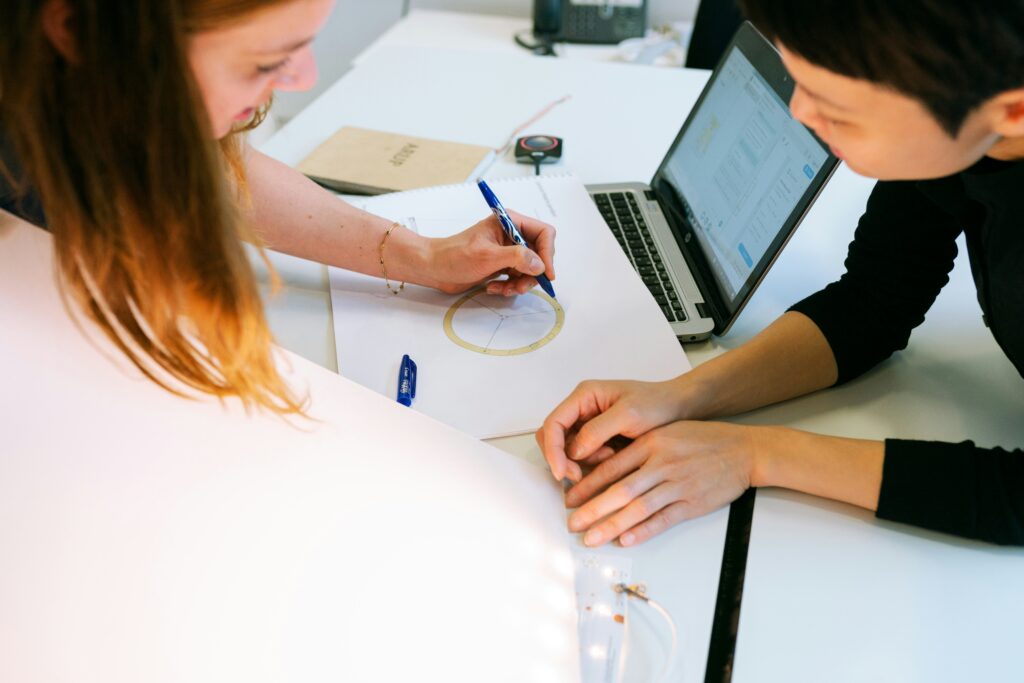A crucial component of the UK curriculum, GCSE science practicals combine practical experimentation with analytical and critical thinking abilities. Since they make up a sizable amount of the science papers, these practicals not only help students better understand scientific concepts but also are essential for exam preparation. Success in GCSE Science, depends on mastering them, and the abilities acquired in practicals are useful outside of the classroom.This article offers comprehensive guidance on how to prepare for GCSE science practicals, why they’re so important, and how Educate Excellence can support students in excelling at them.
The Importance of GCSE Science Practicals
Science education is centred on practical activity. Students get the opportunity to put their theoretical knowledge to use, hone their practical abilities, and comprehend how science functions in practical settings.Here’s why science practicals are so important:
- Exam Relevance: Practical-based questions often make up 15-20% of the GCSE science papers. Knowing how to conduct experiments and interpret results can significantly boost exam performance.
- Skill Development: Practicals teach essential skills such as observation, data analysis, and accurate recording, which are invaluable in science careers and everyday life.
- Understanding Concepts: Experiments make abstract scientific theories tangible, helping students understand and retain information better.
- Boosting Confidence: Familiarity with practical procedures reduces anxiety during exams and builds confidence when tackling practical-related questions.
How to Prepare for GCSE Science Practicals
1. Understand the Required Practicals
Students must complete a set of mandatory practicals as outlined in the GCSE science standards. These include physics, chemistry, and biology experiments including measuring light refraction, testing for gases, and examining reaction rates. Make sure you are familiar with all of the practicals that are specified in the syllabus provided by your exam board (AQA, Edexcel, OCR, etc.).
Tips:
-
- Use your textbook or revision guide to review the method, apparatus, and theory for each required practical.
-
- Watch tutorial videos online for a visual demonstration of how the experiments are conducted.
2. Revise Scientific Techniques
Understanding how to use scientific equipment and follow procedures is essential for success. Practise techniques such as measuring accurately, controlling variables, and using a Bunsen burner or microscope safely.
Tips:
-
- Familiarise yourself with key terms like “independent variable,” “dependent variable,” and “control variable.”
-
- Practise setting up common equipment like circuits, titration kits, or optical benches.
3. Learn How to Analyse Data
Plotting graphs, analysing data, and forming conclusions are all important components of practical-based enquiries. Make sure you are able to compute averages, spot irregularities, and recognise trends.
Tips:
-
- Practise reading and drawing graphs, including line graphs and bar charts.
-
- Review how to calculate percentages, rates, and gradients.
4. Keep a Well-Organised Lab Book
Make thorough notes on every practical experiment you conduct during your lessons. This covers the purpose, theory, approach, findings, and conclusion. Notes that are well-structured are very helpful for further revisions.
Tips:
-
- Use headings and bullet points for clarity.
-
- Highlight key findings and any challenges you faced during the experiment.
5. Practise Exam Questions
Practical work-related questions, such as pointing out mistakes, outlining enhancements, or elucidating outcomes, are frequently included in GCSE science exams. To gain confidence, practise responding to these questions.
Tips:
-
- Use past papers to familiarise yourself with the style of practical-based questions.
-
- Time yourself when answering to simulate exam conditions.
6. Understand Common Practical Errors
One of the most important skills is learning to spot and fix experiment mistakes. Consider how to prevent possible errors that can arise during practicals, such as inaccurate measurements or contamination.
Tips:
-
- Review sample practicals to understand where errors typically occur.
-
- Practise troubleshooting by asking, “What could go wrong?” during a mock experiment.
Creative Ideas for Mastering Science Practicals
-
- Roleplay Experiments: If access to a lab is limited, roleplay the steps of an experiment at home using everyday items as substitutes for scientific equipment.
-
- Online Simulations: Use websites like BBC Bitesize, youtube videos and Seneca Learning to access interactive simulations of required practicals.
-
- DIY Science at Home: Perform simple experiments at home, such as growing crystals or testing acids and bases, to reinforce key concepts.
-
- Flashcards for Methods: Create flashcards summarising the steps and apparatus for each required practical for quick revision.
-
- Study Groups: Team up with classmates to review methods and discuss potential exam questions related to practicals.
How to Stay Calm During Practical Exams
Practical assessments can feel intimidating, but with the right preparation, they can be manageable and even enjoyable.
- Stay Organised: Lay out your equipment neatly and double-check your setup before starting.
- Read Instructions Carefully: Take your time to understand the task before diving in.
- Keep Calm: If something goes wrong, stay composed and think critically about how to fix it.
- Focus on Safety: Always prioritise safe practices when handling chemicals or equipment.
How Educate Excellence Can Help
At Educate Excellence, we support students in mastering GCSE science practicals through tailored tuition that combines theory and hands-on skills. Our expert tutors provide personalised guidance on required practicals and strategies for answering practical-based exam questions. Using creative and engaging learning techniques, we help students build confidence and excel in their science studies, setting the stage for academic success and a lasting passion for science.
Mastering GCSE science practicals requires preparation, focus, and the right guidance. By investing time in understanding the required practicals and honing essential skills, students can approach their exams with confidence and achieve their best results. Let Educate Excellence support your child every step of the way on their journey to GCSE success!

